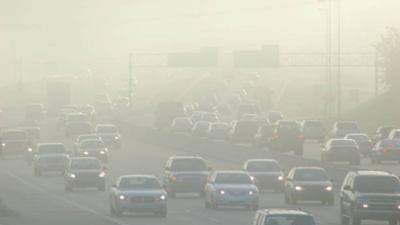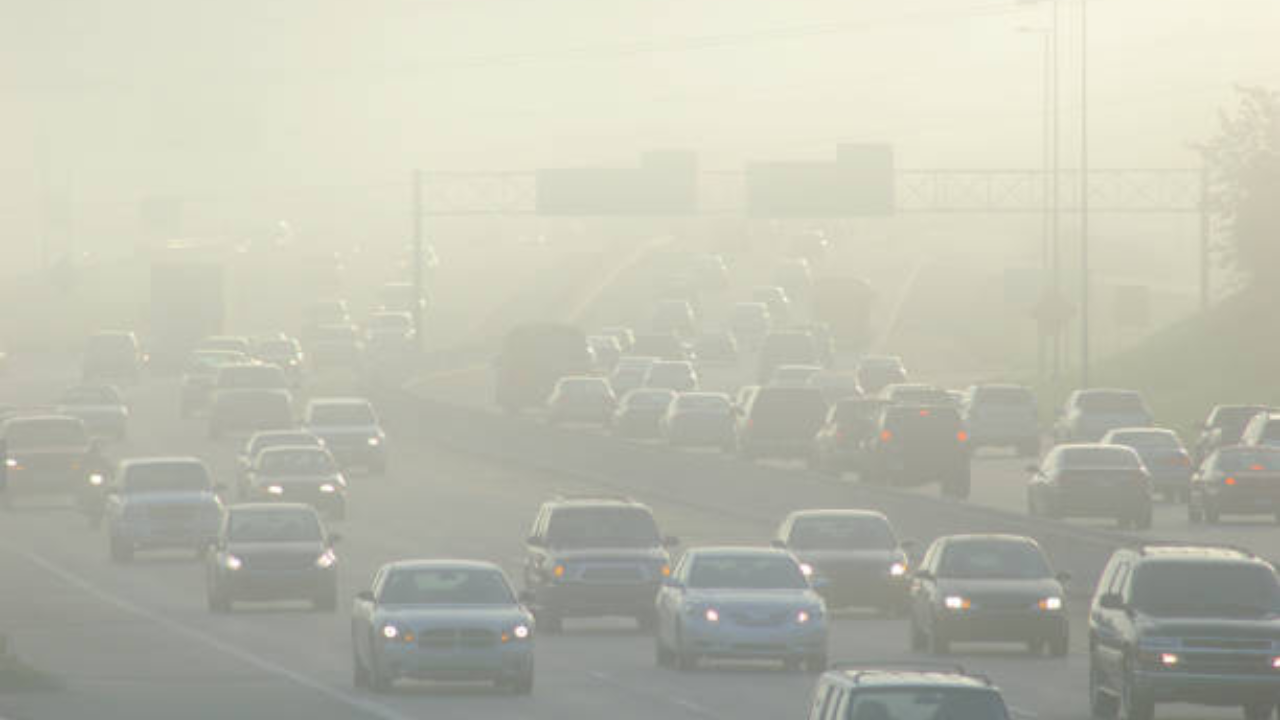Chronic Obstructive Pulmonary Disease
(COPD) refers to long-term lung disease with symptoms like persistent coughing, wheezing, breathlessness, or tightness in the chest. COPD is linked to smoking, but it is also related to exposure to toxic fumes, dust, and even pollution in the environment. COPD causes the airways to become inflamed and narrowed, making breathing difficult as time passes in such patients, who gradually lose lung function.
First off, once a patient is diagnosed with COPD, a primary treatment would be to eliminate the cause of the COPD. If the condition is due to smoking, quitting smoking is paramount. In cases where an individual’s COPD is due to environmental causes, this must be addressed also-through means of using protective outfits or changing the surrounding environments in which they work or live in. However, in recent years, poor air quality has emerged as one of the contributing factors to having more frequent and worse exacerbations of COPD.
How poor air quality affects COPD
The primary mode of air pollution contributing to flare-ups in cases of COPD is particulate matter, PM2.5 (which refers to particles smaller than 2.5 micrometers). These fine particles easily enter the lungs, aggravate airway inflammation, stimulate greater mucus production, and exacerbate symptoms such as coughing, shortness of breath, and tightness in the chest. With the deterioration of air quality the concentration of particles increases and hence get aggregated in the lungs triggering the underlying lung condition. These irritations will trigger more frequent and severe flare-ups of COPD, which, not attended to, can lead to hospitalization or further damage to lung tissues.
Stop Ignoring The AQI Index: Long Exposure To Polluted Air Can Increase Your Risk Of Heart Attack
The worsening air quality has a direct relationship with the decline of lung function of COPD patients. Studies in different regions have found that consistently, patients with COPD exposed to high levels of air pollution experience faster deterioration in lung function compared to those in cleaner environments. This makes air quality an important management factor for disease, leading to the need for patients to take active steps in reducing their exposure to pollutants.
Managing COPD flare ups
Triggers that can cause flare-ups of the disease include respiratory infections, weather changes, and poor air quality. Anticipation of these factors can help in effective management of flare-ups. For high air pollution areas, incorporating air quality management is crucial in the overall treatment of a patient. Quick action is critical in order to prevent the medical condition from worsening and in order to avoid life-threatening complications.
Patients should also make sure to visit the health care provider regularly to maximize their treatment plan. This could mean increasing or adding medications as needed. A crucial aspect of COPD management includes an individualized action plan for flare-ups, so the patient knows when to increase medication, seek medical help, and adjust lifestyle factors to minimize triggers.
Preventive measures for minimizing the impact of poor air quality
Apart from medicinal interventions, lifestyle adjustments and preventive measures can significantly minimize the implications of poor quality air for patients with COPD:
- Avoid outdoor activities during twilight hours: Air quality is usually poor during twilight hours. It means that air quality at early morning and evening hours is not as good as it could be. In this regard, the patient should avoid outdoor walk and exercise during such periods to ensure minimal exposure to air pollutants.
- Develop Good Indoor Air Quality: Ensure that homes and workplaces are sufficiently ventilated in order to minimize the concentration of polluting particles indoors. Staying indoors could limit a person’s exposure to outside pollutants; however, that indoor environment has to be clean and well-ventilated. For severe COPD patients, investing in an air purifier can filter out harmful particulate matter inside.
- Get Vaccination: Patients with COPD become easily prone to respiratory infections like flu and pneumonia, which can worsen the symptoms and lead to severe flare-ups. Vaccination against the flu and pneumonia is strongly recommended for patients with COPD. These vaccinations help in raising immunity and reduce the chances of complications that might worsen the condition.
- Be informed: Informed patients can monitor regular air quality reports in their localities to help them prepare and take necessary precautions before going out when the air quality becomes poor. If available, apps and websites tracking the pollution levels can give them timely warnings for pollution spikes.
Dr Nimish Shah, Consultant, Pulmonary Medicine, Sir H.N. Reliance Foundation Hospital
I’m Manas Ranjan Sahoo: Founder of “Webtirety Software”. I’m a Full-time Software Professional and an aspiring entrepreneur, dedicated to growing this platform as large as possible. I love to Write Blogs on Software, Mobile applications, Web Technology, eCommerce, SEO, and about My experience with Life.




